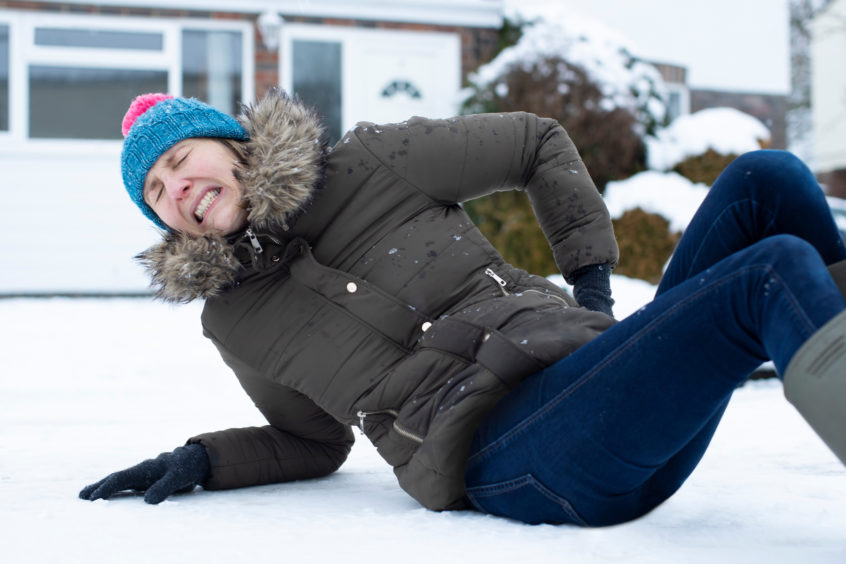According to the National Council on Aging, falls are the leading cause of fatal and non-fatal injuries for older Americans. Falls threaten seniors’ safety and independence and generate enormous economic and personal costs.
According to the U.S. Centers for Disease Control and Prevention:
- One in four Americans aged 65+ falls each year.
- Every 11 seconds, an older adult is treated in the emergency room for a fall; every 19 minutes, an older adult dies from a fall.
- Falls are the leading cause of fatal injury and the most common cause of nonfatal trauma-related hospital admissions among older adults.
- Falls result in more than 2.8 million injuries treated in emergency departments annually, including over 800,000 hospitalizations and more than 27,000 deaths.
- In 2015, the total cost of fall injuries was $50 billion. Medicare and Medicaid shouldered 75% of these costs.
- The financial toll for older adult falls is expected to increase as the population ages and may reach $67.7 billion by 2020.
Often, falls are caused by dizziness or balance disorders, such as benign paroxysmal positional vertigo (BPPV), a common condition we can diagnose and treat at Associated Audiologists. But winter, with icy and slick conditions, can make falling an even greater hazard, no matter what your age. There are many great tips and even products, such as new shoes with special material technology that are non-slip (example Vibram Artic Grip by L.L. Bean).
Here are some suggestions from the National Institutes of Health to help you prevent falls in the winter months, and throughout the year.
Outside:
- Use a cane or walker if needed.
- Wear rubber-soled shoes so you don’t slip.
- When possible avoid walking on slick or icy surfaces but if you must:
- Walk on grass when sidewalks are slick.
- Throw salt or kitty litter on icy sidewalks.
Inside:
- Keep rooms free of clutter, especially floors.
- Remove loose rugs or unsecured carpets.
- Wear flat or low-heeled shoes.
- Do not walk in socks, stockings, or slippers.
- Be sure rugs have skid-proof backs or are tacked to the floor.
- Be sure stairs are well lit and have rails on both sides.
- Put grab bars on bathroom walls near the tub, shower, and toilet.
- Use a nonskid bath mat in the shower or tub.
- Keep a flashlight next to your bed.
- Use a sturdy stepstool with a handrail and wide steps.
- Add more lights in rooms.
- Buy a cordless phone or cell phone so that you don’t have to rush to the phone when it rings and so that you can call for help if you fall.
If you have dizziness, vertigo, imbalance, or a history or fear of falling, you may benefit from a comprehensive equilibrium evaluation.
For more information about dizziness and balance disorders, download our free e-book, What to Know about Dizziness and Imbalance.
To request an appointment with our dizziness and balance specialist, Danielle Dorner, Au.D., please call 816-442-7831, or talk with your physician about a referral. We offer testing at our Overland Park and Northland Clinics.



